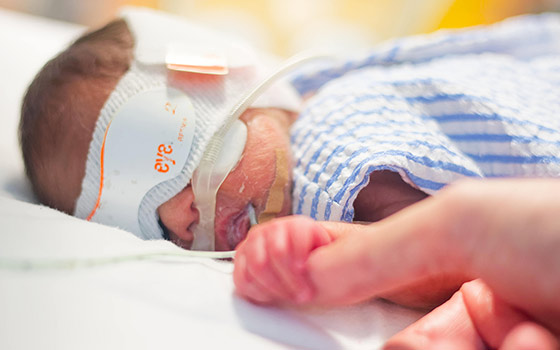Understanding the factors contributing to poor lung and heart function in newborn infants and finding ways to prevent heart and lung disease is vital to improving long-term outcomes of babies, particularly for those born prematurely (before 37 week’s gestation).
Premature babies are prone to having breathing problems at birth due to deficiency of a substance called surfactant in their lungs. Surfactant is a natural detergent that is constantly produced by the cells of the lung. It coats the air sacs to reduce surface tension, and is essential to prevent the air sacs from collapsing. Insufficient or absent surfactant can result in respiratory distress syndrome (RDS), which is a common cause of breathing disease in premature infants. Infants with severe RDS go on to develop bronchopulmonary dysplasia (BPD), a chronic lung disease in premature babies. Developing BPD may result in lifelong difficulties with breathing.
Other more mature infants may be born with lungs that haven’t formed properly, lung infection, or having aspirated (breathed in) some harmful fluid. These conditions also create a challenge for the newborn infant to transition successfully from the mother’s womb to breathing on their own after birth.
The Chronobiology team have developed sophisticated and non-invasive methods of assessing lung function at the bedside of newborn infants and improving treatment options for lung disease including giving nebulised surfactant and Vitamin A to premature infants and more gentle forms of respiratory support to assist breathing. The Team are particularly focused on improving not only cardiorespiratory, but overall outcomes for premature and extremely premature infants. Hence, the research program has focused increasingly on treatments that have potential to not only improve lung development but also the growth and development of other organs: these treatments focus on normalising cellular development by preventing infection, reducing adverse inflammatory responses and establishing circadian rhythms soon after birth.
Team leader
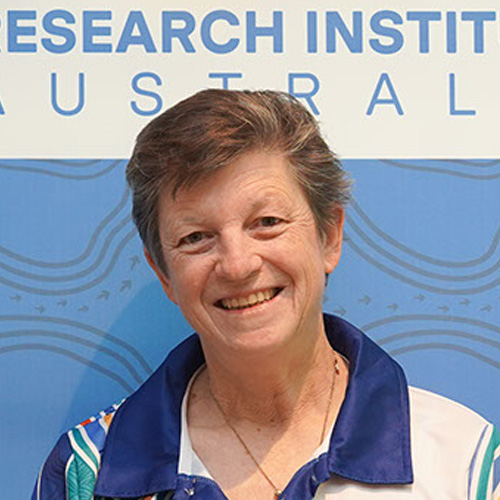
BMedSci (Dist) MBBS, PhD (Dist) FRACP
Research Theme Head, Early Environment; Team Lead, Chronobiology
Team members (12)
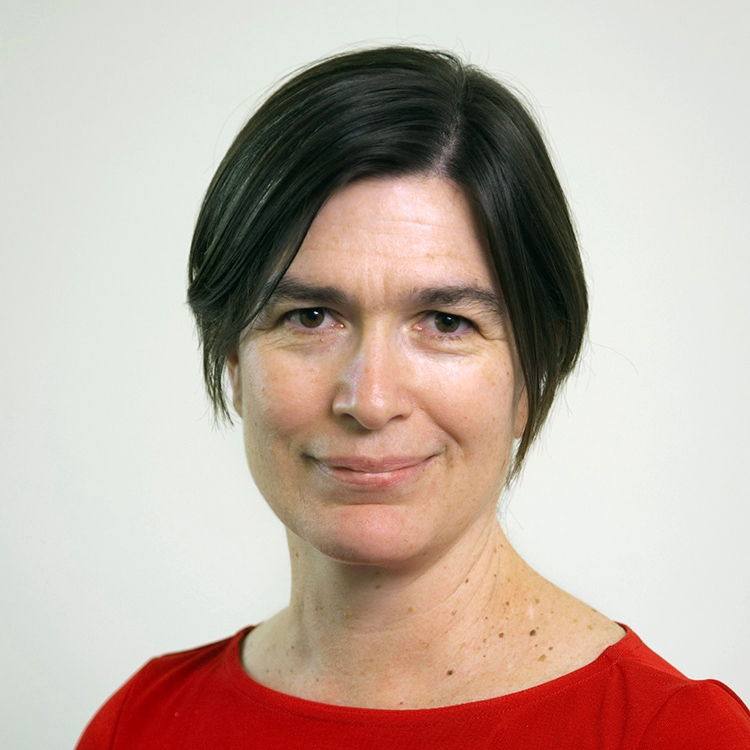
MB BS FRACP MMed Sci
Honorary Research Associate
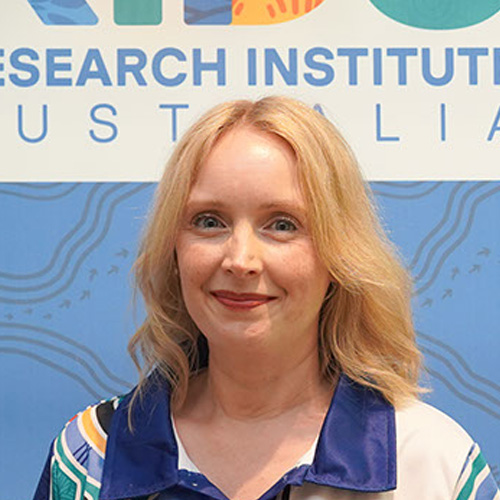
BSc(Hons) PhD
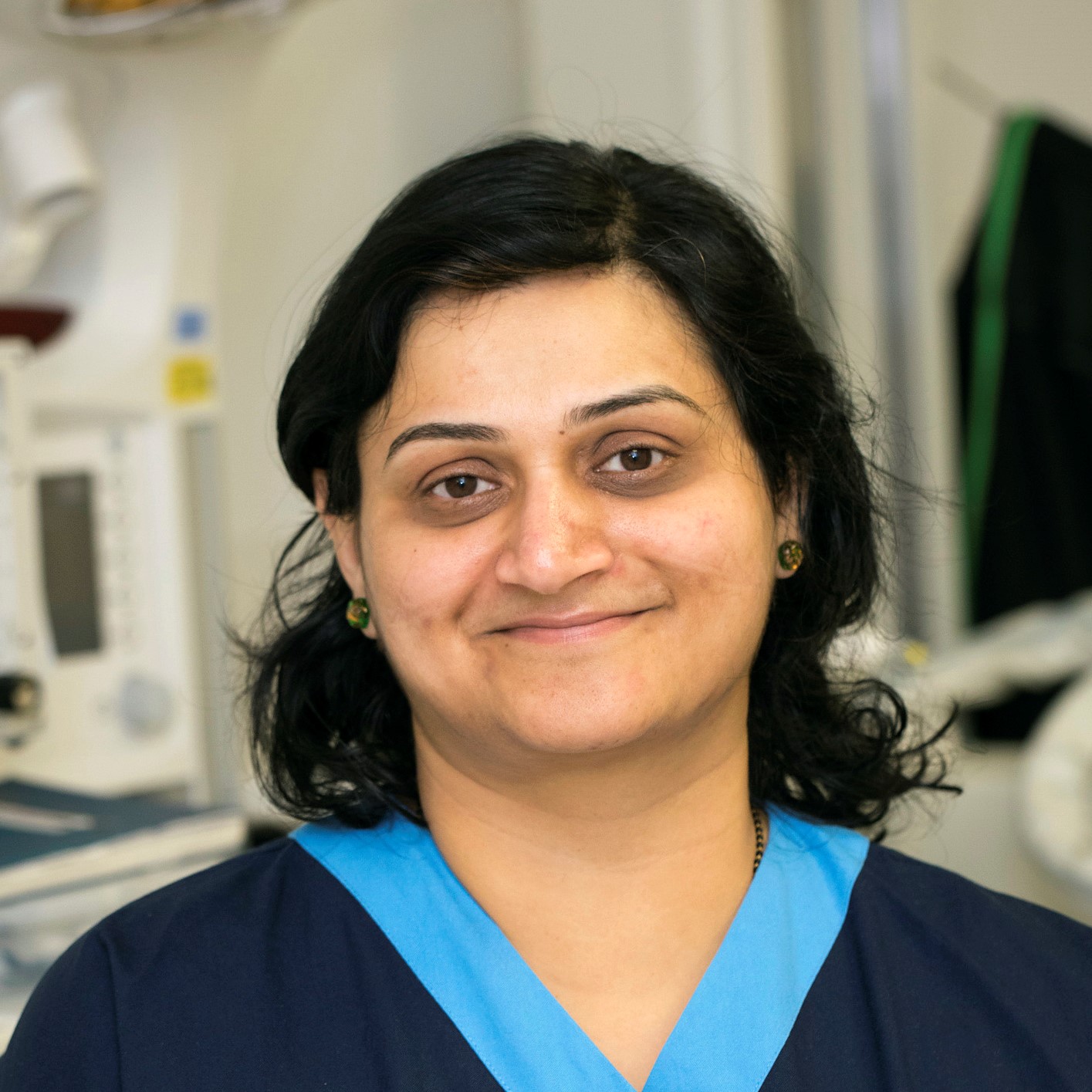
MD, FRACP, PhD, CCPU

Clinical Associate Professor Andy Gill
Consultant Neonatologist

Dr Trish Woods
Consultant Neonatologist

Dr Jonathan Davis
Consultant Neonatologist

Dr Abhijeet Rakshasbhuvankar
Consultant Neonatologist, PhD Student

Ms Natasha Sorensen
Clinical Trial Co-ordinator, PhD Student

Ms Caroline Wilson
Neonatal Nurse, PhD Student

Dr Rebecca Thomas
Consultant Neonatologist

Ms Jane Choi
PhD student

Steve Resnick
Honorary Health Professional
Chronobiology projects
Featured projects
Positive End-Expiratory Pressure Levels during Resuscitation of Preterm Infants at Birth: The POLAR Trial

